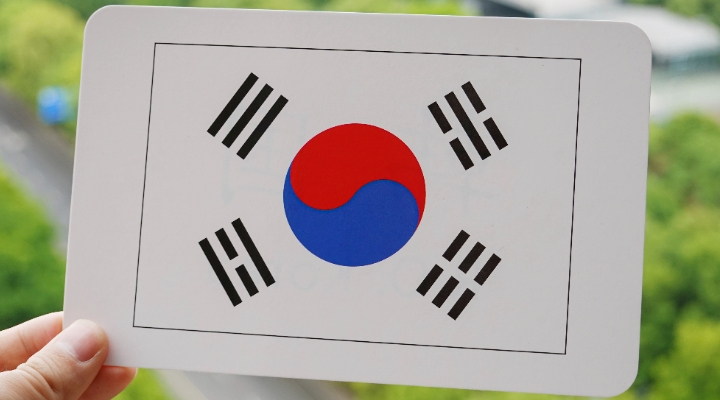
The sharp tightening of financial conditions in 2022 strongly affected South Korea, resulting in financial market jitters and the authorities' response to ease liquidity last November.
Quarterly growth turned negative in the final quarter of 2022 but since then economic indicators have shown positive momentum. On the external front, the tech cycle has started to turn around, while demand for auto exports has risen.
On the domestic front, house prices have stopped falling, inflation has eased and mortgage interest rates have fallen from their peak. Still, semiconductor inventory remains high, and households continue to deleverage. The recent credit cooperative stress is a reminder that the real estate downturn still weighs on the economy and financial stability. We expect the Bank of Korea to start easing in the fourth quarter of this year.
When we wrote about Korea last November, it was in the midst of a real estate and liquidity squeeze. The tech cycle's downturn and high prices of energy also weighed on Korea's external performance. Since then, economic performance has improved.
Exports have rebounded driven by strong vehicle shipment and a recovery in the semiconductor sector while imports dropped following lower energy prices and domestic demand. Trade balance in June turned to a surplus for the first time since 2021. Indus-trial production has risen, too, but semi-conductor inventory remains elevated.
On the domestic front, the real estate sector’s downturn seems to have stabilised some-what. After dropping 17% from their peak, home prices have stabilised. Mortgage rates have also fallen from peak, although they remain high by historical standards. Household credit demand is still weak, and deleveraging continues. Property-related delinquency rates have increased. Inflation fell to 2.7% in June on the back of high base of energy prices last year. Lower inflation and somewhat better economic conditions in the first half of this year have led to stronger consumers’ sentiment.
The recent financial stress at a credit cooperative which has experienced a surge in property-related delinquency rate is a reminder that tight credit conditions and the housing market downturn still pose financial stability risks. The authorities have addressed the deposit run at MGCCC credit cooperative by giving liquidity support while reassuring the market that this is not a systemic event. Given weak demand and elevated unsold properties in non-Seoul area, more developers could be in financial trouble. Leading indicators like housing starts and construction permits remain very weak, suggesting that the housing market downturn will still weigh on domestic demand for the rest of this year.
We remain cautious on the outlook for the second half of this year. While Q2 outturn should be strong, driven by the turnaround in the tech cycle, the elevated level of semiconductor inventory does not offer much assurance about near-term production. Tighter liquidity conditions (tighter than Q1) and household deleveraging will continue to weigh on domestic demand. We expect the Bank of Korea to wait until the Fed finishes hiking to start its easing cycle in Q4.
Mali Chivakul is emerging market economist at J. Safra Sarasin Sustainable Asset Management




























